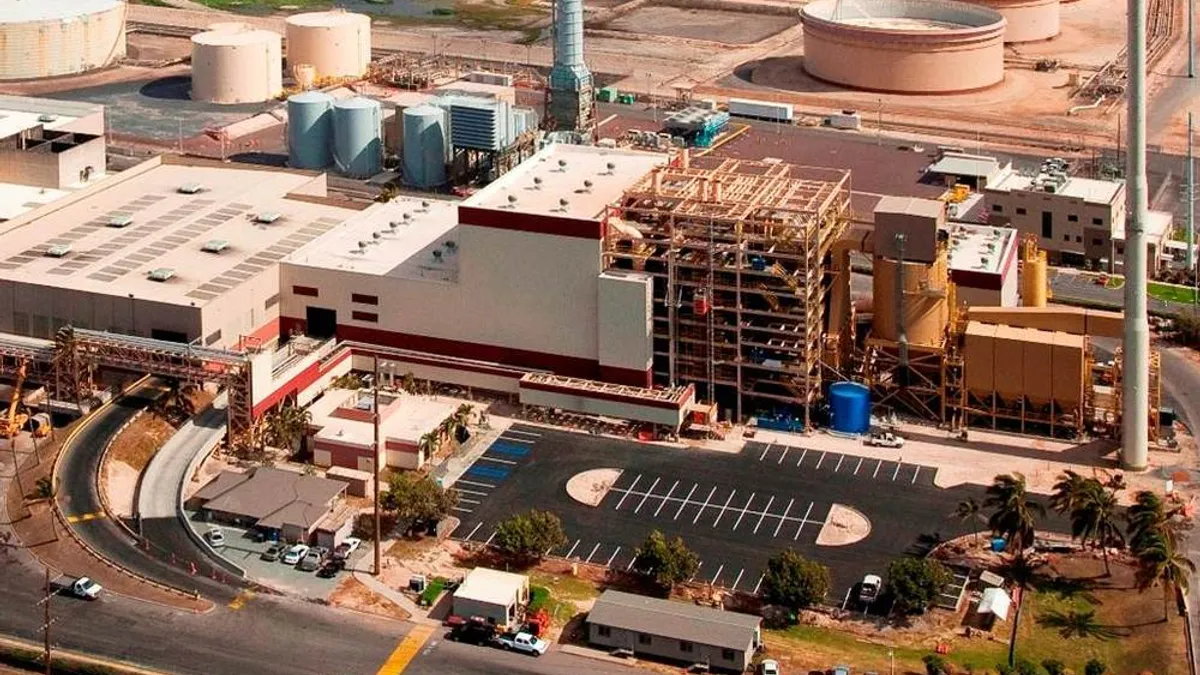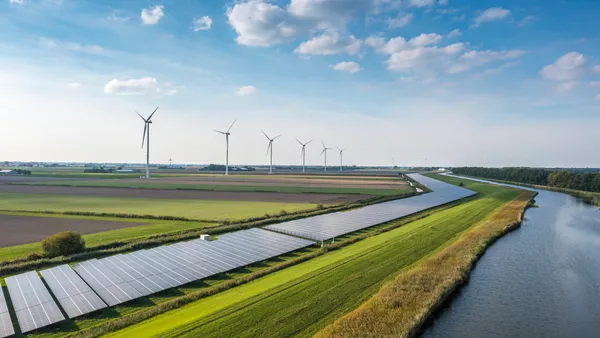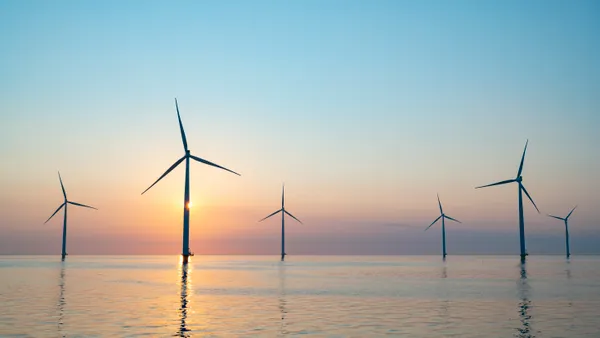Dive Brief:
- Broad energy legislation passed last week has many environmental activists crying foul after two amendment to designate biofuel generation as carbon neutral and promoted carbon-capture technology for coal paired with biomass energy was attached to the bill, ClimateWire reports.
- The U.S. Senate passed S. 2012, the Energy Policy Modernization Act of 2016 in a 85-12 vote last week. It is the first broad energy legislation in almost a decade, and had largely been stripped of controversial provisions to help its chances.
- But ClimateWire reports that one amendment in particular designates biofuels as carbon neutral, and many in the scientific community oppose the decision, saying the resource is not "inherently" carbon-neutral, and is potentially poised to emit more emissions into the air.
Dive Insight:
The Energy Policy Modernization Act of 2016 was largely free of controversy a pair of holds were removed and an offshore drilling revenue amendment was pulled. But ClimatWire reports two amendments declaring biofuels as a carbon-neutral resource and possibly opening the door to co-fire biomass and coal generation has the potential to undo goodwill created by the bill, which aims to modernize the grid and emphasize efficiency.
According to the carbon-neutral amendment, the Secretary of Agriculture, and the administrator of the Environmental Protection Agency must "establish clear and simple policies for the use of forest biomass as an energy solution, including policies that ... reflect the carbon-neutrality of forest bioenergy and recognize biomass as a renewable energy source, provided the use of forest biomass for energy production does not cause conversion of forests to non-forest use."
The inclusion of the amendment was a major win for the industry.
National Alliance of Forest Owners President Dave Tenny told ClimateWire "the overall benefit of this is that it reaffirms the role of biomass as a renewable energy source and part of our overall energy and climate solution."
But dozens of environmental groups, including Friends of the Earth, New York Climate Action Group and Green America, argue that "treating forest bioenergy as having no carbon emissions directly contradicts physical reality."
In a letter to Sen. Lisa Murkowski (R-Alaska), chair of the Energy and Natural Resources Committee, the groups said that on a per-MWh basis biomass facilities emit more carbon dioxide than fossil fuel plants, "due to their low efficiency and the inherent low energy density of wood as a fuel."
In the other amendment, Sen. Joe Manchin (WV-D) pushed a proposal incorporating language that would enable consideration of co-firing biomass and coal for electrical generation. According to the proposal, such an action could achieve "net-negative carbon emissions."
According to the amendment, the technology would use a carbon capture system paired with indigenous biomass energy, with the first step being a large-scale pilot project. Supporters said the amendment mirrors a "wider conversation" among climate scientists looking for avenues to keep global warming below 2 degrees Celsius, ClimateWire reports.















